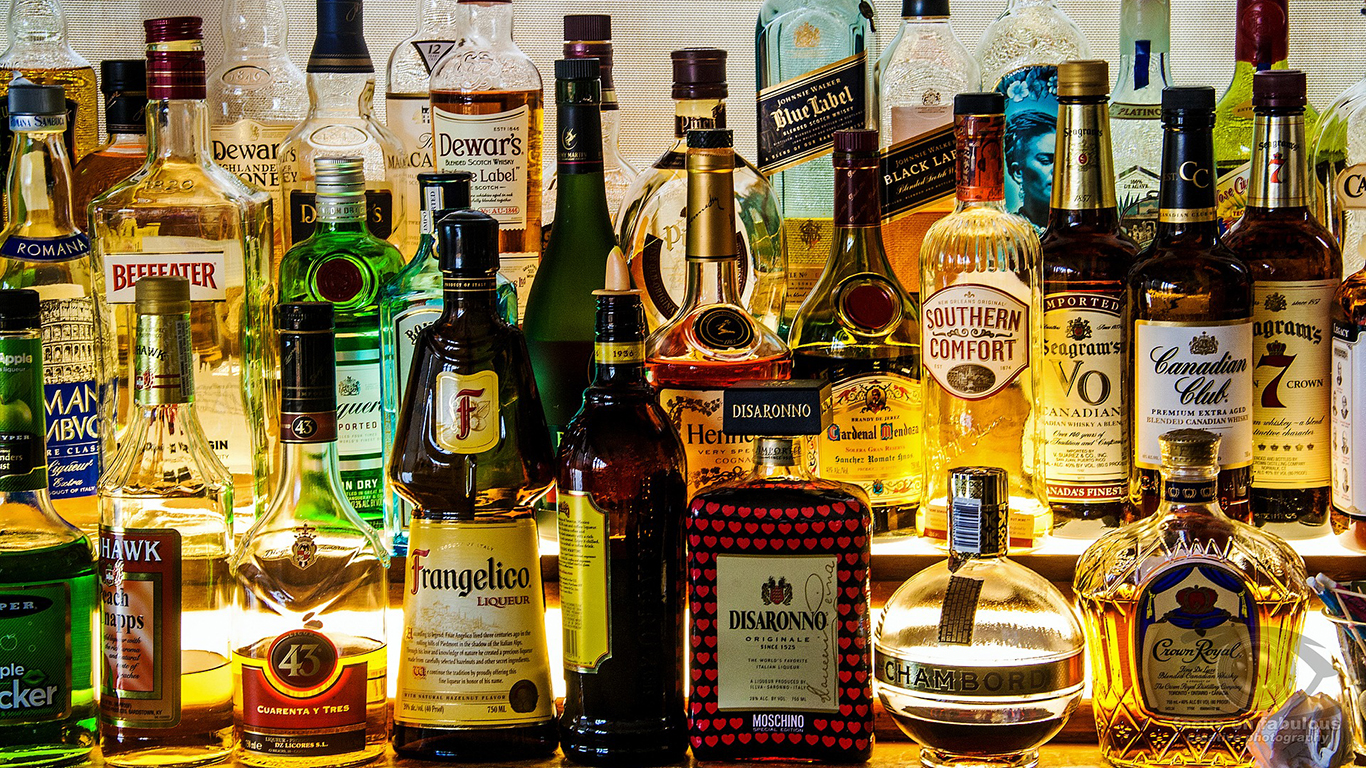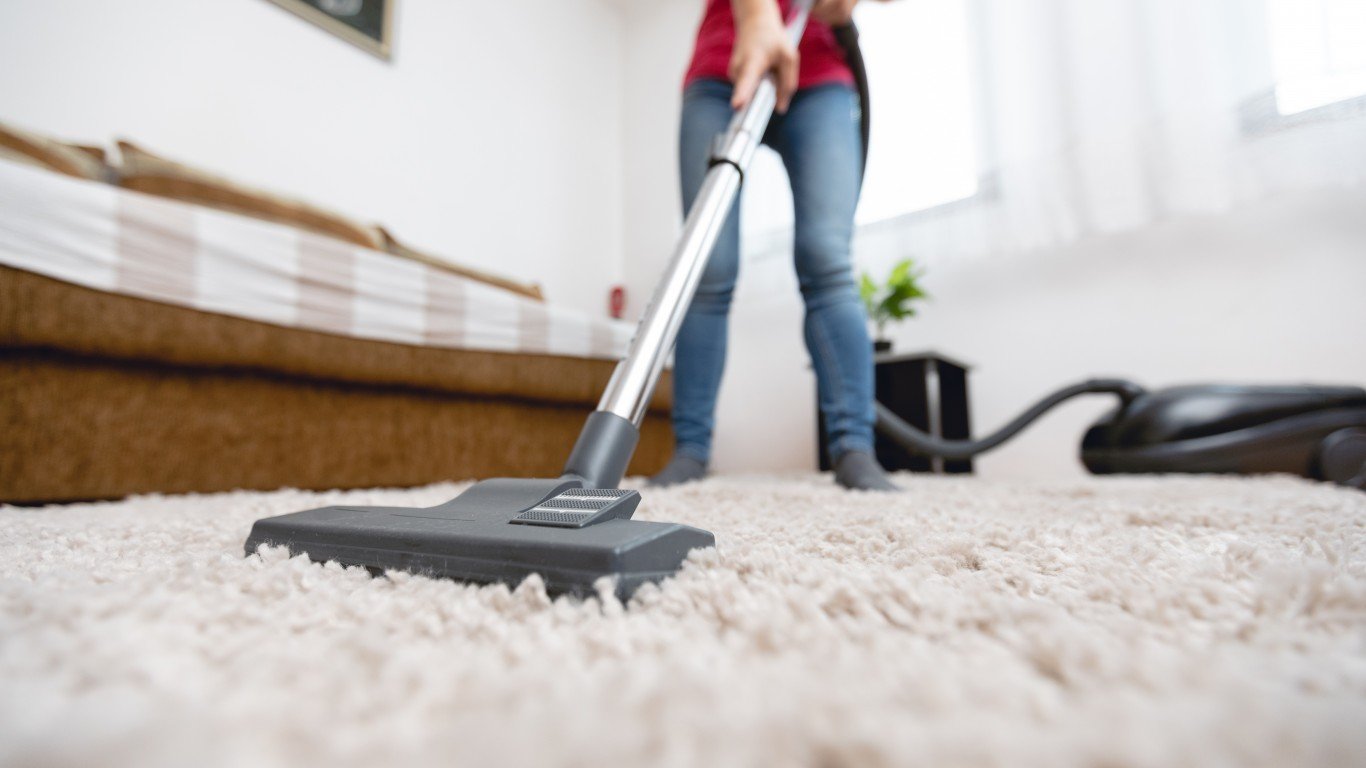

A man from Queens, arrested in 2017 for bringing more than 750 liters (1,000 bottles) of untaxed liquor from New Hampshire to New York, has pleaded guilty to violating New York’s liquor distribution laws — in other words, to bootlegging.
Though bootlegging is primarily associated with the Prohibition Era, when smugglers imported illegal liquor from Canada and elsewhere to sell in the illicit bars called speakeasies, the term still applies to any attempts to disobey laws governing the manufacture, sale, or transportation of alcohol.
The Queens man, Juncheng Chen, was stopped in New York’s Westchester County with a Chevrolet Suburban full of booze, including more than 500 bottles of Hennessy cognac, according to New Hampshire Public Radio. Investigators from the New York Department of Taxation and Finance had followed Chen as he bought the alcohol at six different New Hampshire liquor stores.
New Hampshire’s liquor outlets are state-run, and are tax-free. In addition, because the state buys in bulk, they have purchasing power that allows them to low-ball prices and still make money. These are the states profiting the most from sin.
About half the New Hampshire state store sales come from out of state, and this isn’t an issue when it involves a few bottles for personal use. However, bootleggers from New York, Vermont, and other states that do levy taxes on alcohol have been stocking up in the Granite State and reselling the wares back home at a profit. These are the states with the highest and lowest sales taxes.
Smugglers typically pay in cash, in amounts below the $10,000 limit that would require reporting to law enforcement. Authorities believe that a lot of what’s bought in New Hampshire goes to Chinese restaurants in New York City.
Both officials from other states and the IRS — responsible for collecting federal tax on liquor — are now watching the New Hampshire stores, “The frequency with which we catch people….,” Gary Kessler, deputy commissioner at the Vermont Department of Liquor Control, told The National, “shows this is going on much more than we think.”
The New Hampshire Liquor Commission notes that large purchases by out-of-state customers aren’t illegal. “It is the individual customer’s responsibility to comply with their local laws if they bring…alcohol home with them,” said a Commission spokesperson.
Sponsored: Find a Qualified Financial Advisor
Finding a qualified financial advisor doesn’t have to be hard. SmartAsset’s free tool matches you with up to 3 fiduciary financial advisors in your area in 5 minutes. Each advisor has been vetted by SmartAsset and is held to a fiduciary standard to act in your best interests. If you’re ready to be matched with local advisors that can help you achieve your financial goals, get started now.
Thank you for reading! Have some feedback for us?
Contact the 24/7 Wall St. editorial team.
 24/7 Wall St.
24/7 Wall St.


